Artichoke Seeds Globe plant pack of 28-30 seeds
₹60.00
In stock
| Number of Seeds | 25-30 seeds |
|---|---|
| Sowing month | Feb to Oct |
| Blooming Month | April To Dec |
| Temperature | Above 30C |
| Sun | Full sun except may june |
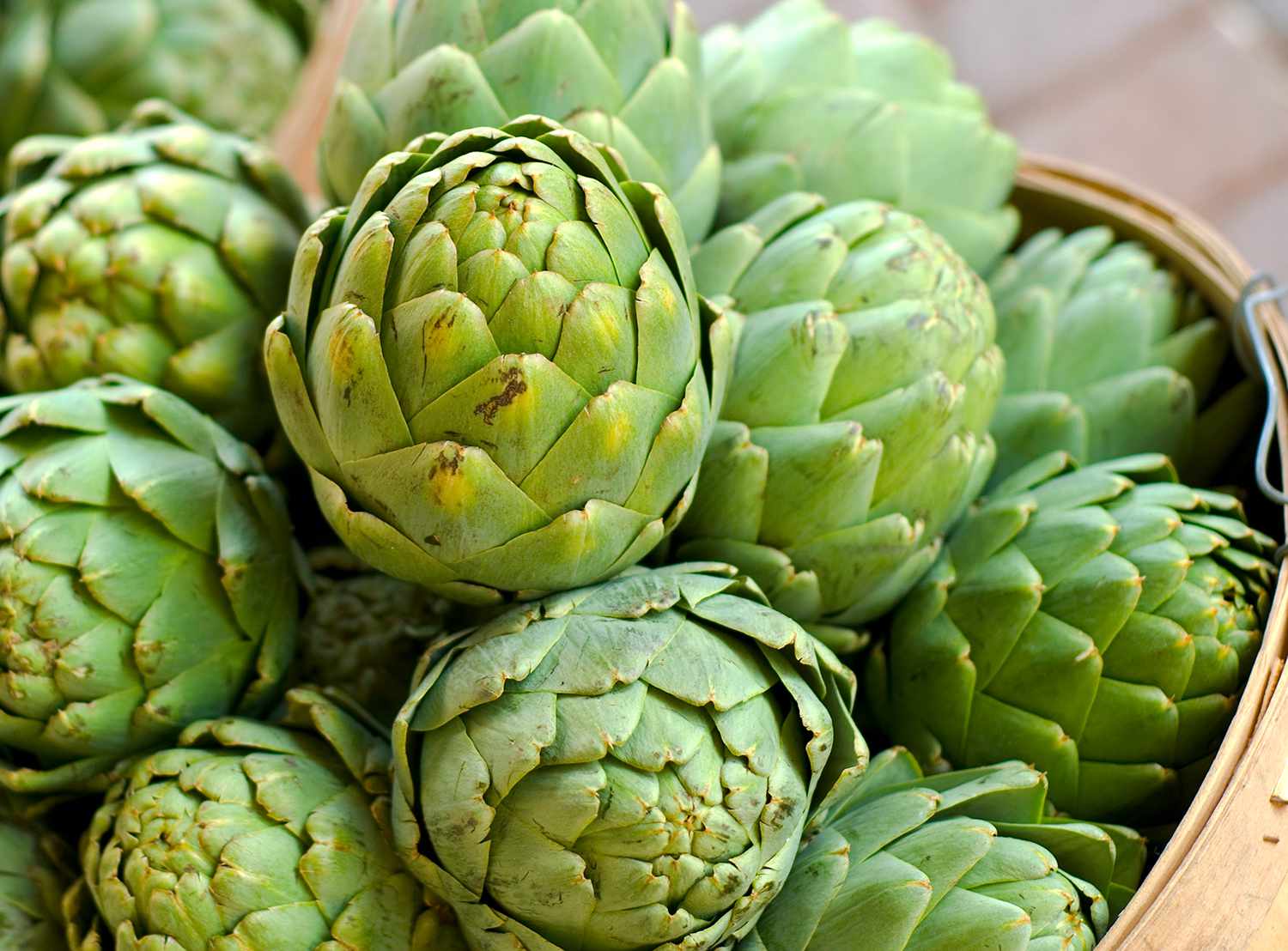
Artichoke Seeds IMPORTANT COLD TREATMENT (VERNALIZATION):
Artichoke Seeds need 10 days of 45–50°F (7.2–10°C) temperatures to induce budding. In mild regions, this can be accomplished naturally when overwintering a fall-planted crop. For spring-planted crops, cold exposure can occur in a refrigerator or cooler. Timing transplanting to expose seedlings to these temperatures is possible but may be unreliable.
Artichoke Seeds Sow Direct
- Sow seeds directly in the garden 10mm deep and 50cm apart, with rows 50-80cm apart.
- Keep soil moist but never wet or dry.
- Seeds should germinate in around 5-20 days at a soil temperature of 21-26°C.
- Young seedlings will need protection from pests, pets and weather until they are established.
Artichoke Seeds Raise Seedlings
- Fill trays, punnets, or jiffy pots with a good quality seed-raising mix, or use soil starter pellets.
- Sow seeds 10mm deep.
- Keep soil moist but never wet or dry.
- Seeds should germinate in around 5-20 days at a soil temperature of 21-26°C.
- Transplant seedlings to the garden once they have their first true leaves and are large enough to handle (usually 5-10cm tall).
- Plant out, spacing plants 50cm apart, with rows 50-80cm apart.
Artichokes should be ready to harvest in approximately 290-400 days.
The globe-shaped flower buds (also sometimes called ‘heads’) are the part of the plant that is harvested. The entire flower bud is harvested but only the tender center of the bud (called the ‘heart’) is eaten.
The flower buds are ready to harvest when they reach full size and the bracts (the outer leaves surrounding the bud) just begin to open. Cut the buds from the stem using snips/secateurs, leaving 5cm of stem attached to the bud.
Eat artichoke as soon as possible after harvesting. Store buds short-term in a perforated plastic bag in the fridge. For longer-term storage, whole buds or hearts can be blanched in acidulated water and frozen or hearts can be pickled or preserved in oil
| Color | Green |
|---|---|
| Growth Pattern | Up right Straight |
| Germination Level | Hard |
| Ideal location | Full sun |
| Hybrid or Open Pollinated | Open Pollinated |
| Origin Country | India |
Be the first to review “Artichoke Seeds Globe plant pack of 28-30 seeds” Cancel reply
You must be logged in to post a review.




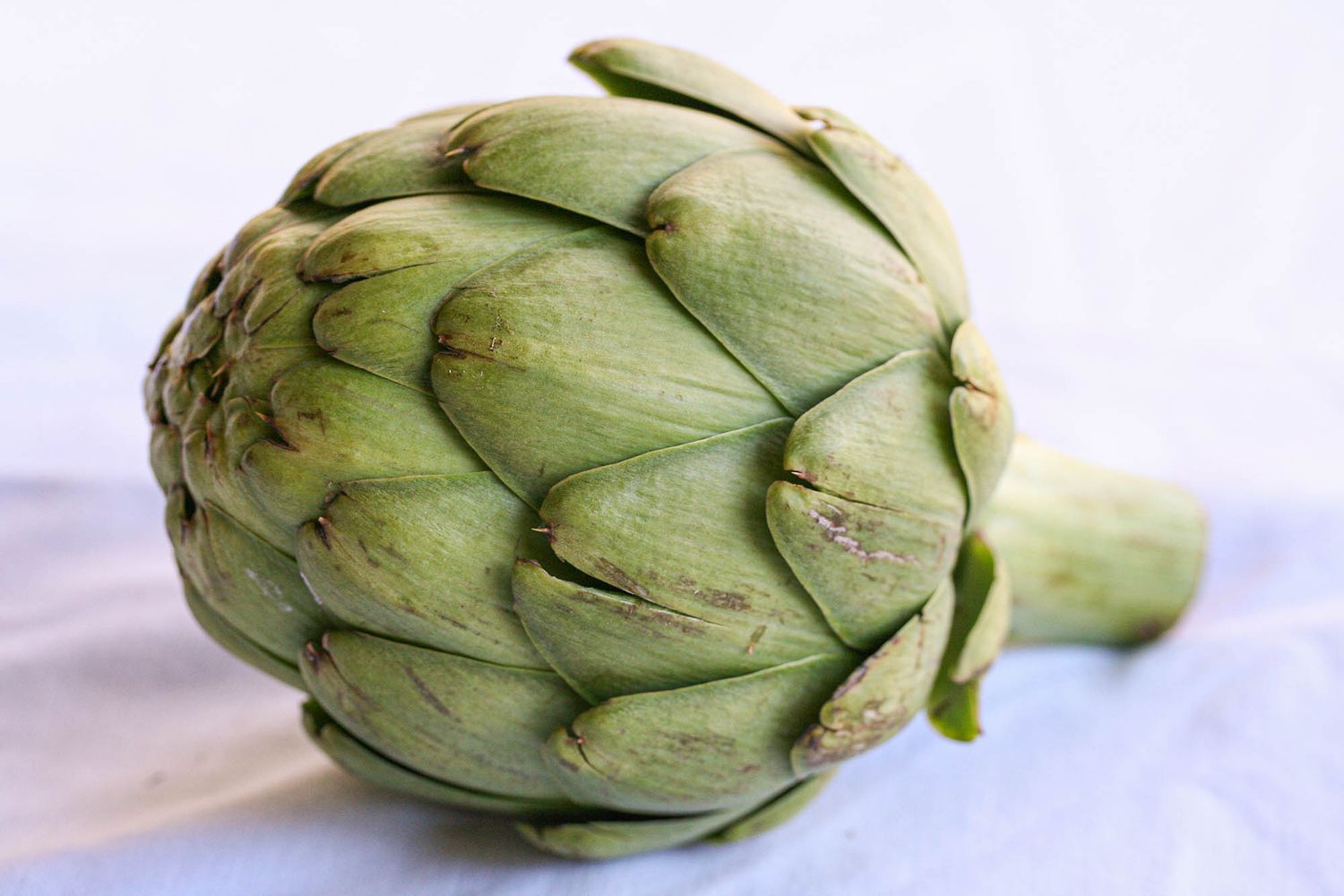

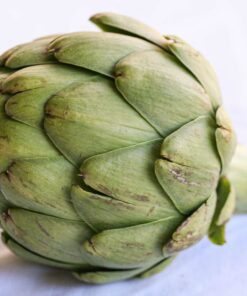
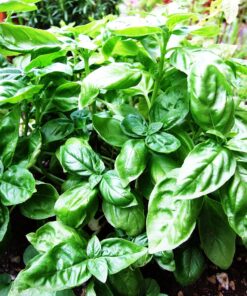
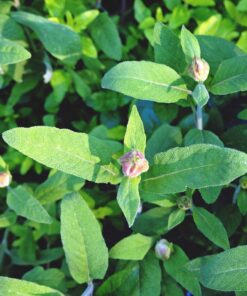
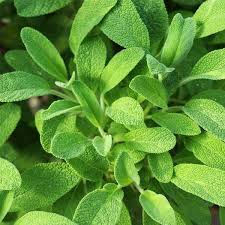
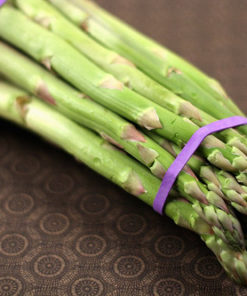
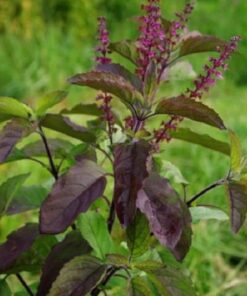

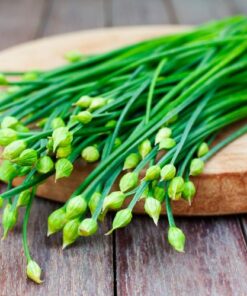
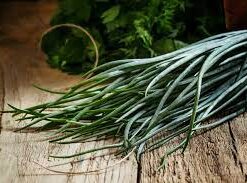
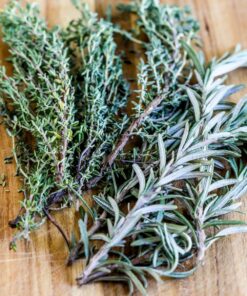
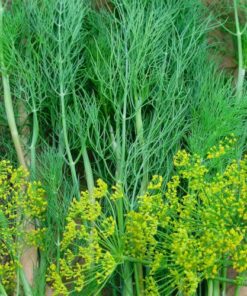
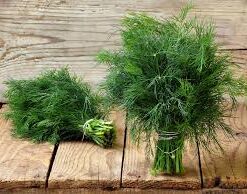
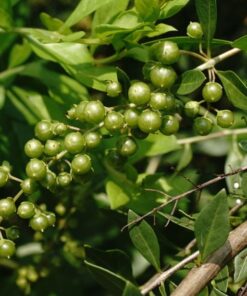
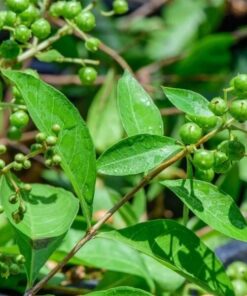
Reviews
There are no reviews yet.